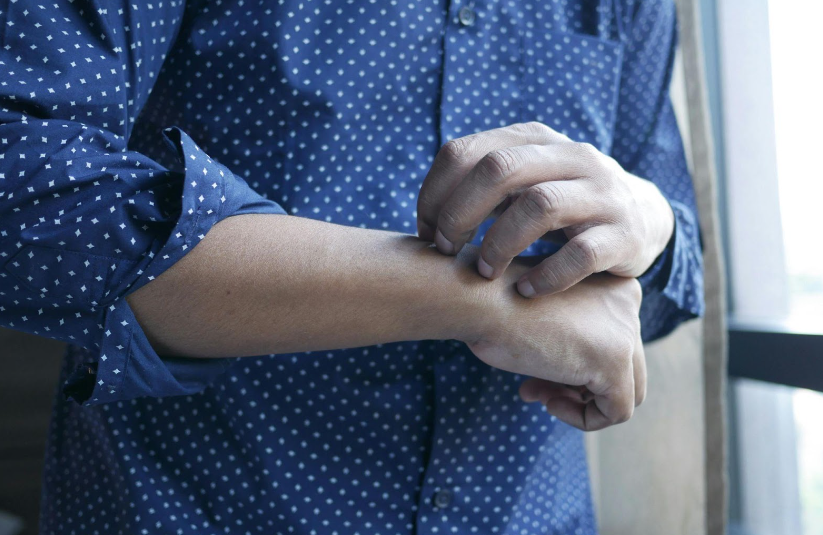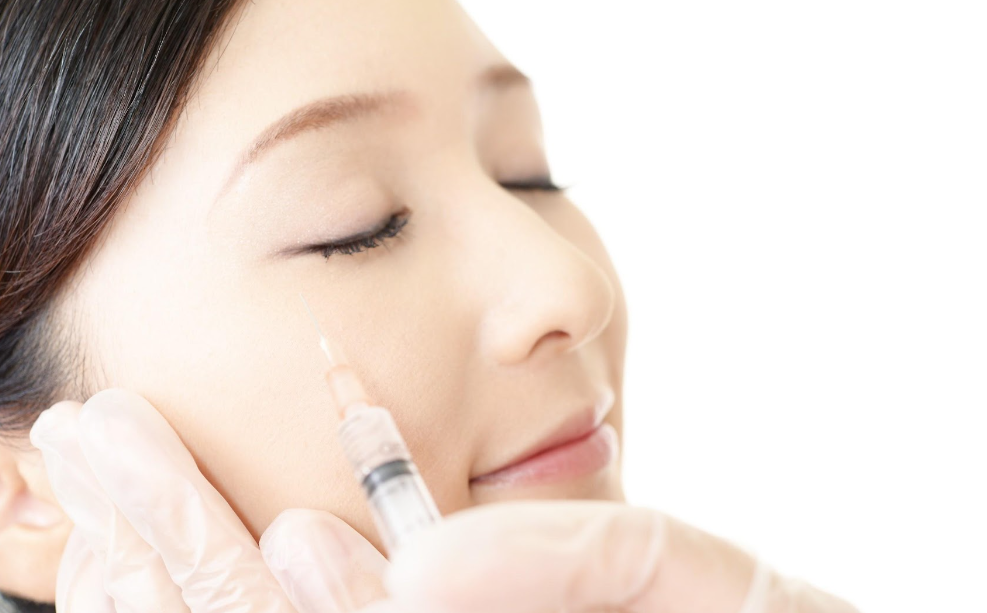Blog Layout
Genital Herpes Treatment In South Mississippi
Dr. Eugene Conte • Jul 27, 2018
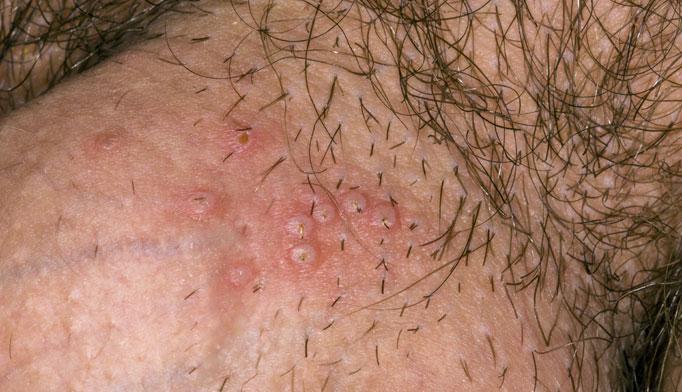
Genital herpes is a topic that not many people want to discuss openly because of the nature of the disease and the stigmas that are associated with it. What many people do not know is that genital herpes is more common than the public would think. What this means is that it is important to discuss because it is a highly contagious disease, and so discussions surrounding genital herpes need to take place, so that the public can be educated on the risks of contracting the disease. Each year there are several medical analytic reports published that report the prevalence, incidence, and even the number of online searches for certain diseases. Several Center for Disease Control & Prevention studies are published each year, and the number of individuals with genital herpes in the United States is staggering. One of the more popular reports was done in 2010 and showed that nearly 17% of the American population had genital herpes, with women being at greater risk of developing the disease than men. An estimated 775,000 new cases of genital herpes appear each year. These are staggering numbers. Mississippi has inconsistent data on the prevalence of the disease in the state, however, speaking from first hand experience, this is something that we see a lot of in our area (Hattiesburg, Laurel, and surrounding areas). Interesting as well is the fact that a medical analytic report from 2017, showing the most researched medical condition in each state, showed that genital herpes was the number one most searched condition in the state of Mississippi. This post is being written to help those searching find answers, and hopefully to persuade them to seek help from a Pine Belt Dermatology provider if they think they may be infected.
A Quick Overview:
Genital herpes is a sexually transmitted disease (STD). It’s caused by the herpes simplex virus. Anyone who is sexually active can catch this virus. Many people who catch the virus never know they have it because they don’t develop symptoms. They never get painful sores. If genital sores develop, the outbreaks tend to be worse during the first year. Some people have 4 or more outbreaks within a year. In time, the outbreaks usually become less frequent. They may even stop. If you have genital sores and your partner doesn’t, you should not have sex while you have sores — and for a few days after the sores clear. When you have herpes sores, you can easily infect your partner. The virus can be passed through oral, anal, or vaginal sex. Even when you don’t have sores, you can still infect your partner. Wearing a condom when you don’t have sores helps prevent spreading the virus to your partner. Not only are these sores painful and contagious, if you have sex while exhibiting the sores you increase your risk of developing HIV. The reason for this is that the open sores provide easy entrance to your body. This is a completely different and much more severe issue that we want to prevent by all means available. Because there is no cure for genital herpes, it is a lifelong infection. If you have outbreaks, medication can reduce symptoms, and that is where we come in. Additionally, taking precautions can reduce the risk of spreading the virus to a partner who doesn’t have genital herpes.
How Can I Tell? What are the Signs & Symptoms?
A mild case can cause a few herpes sores that are often mistaken for pimples or ingrown hairs. Because genital herpes often causes no symptoms or very mild ones, most people who have genital herpes don’t know they have it. This a has played a large part in why the disease has spread among so many individuals. Often times the individual will find out they have the disease after having spread it to other partners unknowingly. However, if you are concerned that you may have the disease, the following are signs you should be cognizant of.
The first outbreak will occur a few days after sexual activity with an infected partner, usually between 2 days to 3 weeks after. It is important to note that the partner does not have to have visible sores in order to infect you. You may notice what might be described as flu-like symptoms such as:
- Headache
- Fever
- Fatigue
- Swollen lymph nodes, especially in your groin
- Muscle pains
- Tingling or itching around the groin or anus
- Red, swollen skin on or around your genitals or anus (can sometimes appear on the thigh or buttocks)
- Small blisters will form on the patch
- Blisters will break open, leaving open sores
- Sores will scab and heal within 2-6 weeks
- Sores may be few in number or develop into widespread sores and blisters
- Pain while urinating
If you develop sores and you touch them with your hands be sure to wash them immediately to prevent the virus from spreading to other parts of the body. If the virus gets in, or near, your eyes it can cause serious consequences. As I mentioned above, it is not uncommon for people with genital herpes to develop HIV due to the vulnerability of the sores. However, if an individual has HIV and develops genital herpes sores the outbreak can be severe, and medical treatment should most certainly be sought out.
The virus that causes genital herpes never leaves the body, which may cause repeat breakouts. After the first outbreak, the virus moves to nearby nerves where it goes dormant (sleeps). You may never have another outbreak. These repeat outbreaks tend to be less severe than the first outbreak, and the sores clear more quickly. While anyone can have repeat breakouts, there are some individuals that are more susceptible to them. You may experience repeat breakouts if:
- You are a male
- You have a weakened immune system
- If your first outbreak lasted longer than 34 days
If repeat outbreaks do occur, these are most likely to occur during the first year. The body will build up an immunity to the virus, provided the individual has a healthy immune system. As immunity builds, the outbreaks should become less frequent. They may even eventually stop. As with outbreaks of every kind, repeat outbreaks are usually brought on by a trigger. Common triggers for genital herpes include stress, fatigue, illness, sex, and surgery. For some women, getting their period is a trigger. During repeat outbreaks, some people notice that they develop warning signs, which tell them where the sores will appear. These warning signs include pain, tingling, itching, or a burning sensation. Warning signs can last for 24 hours.
Treatment can shorten how long you have an outbreak and reduce symptoms.
Treatment Options Available In Hattiesburg-Laurel, Mississippi
There is no cure for genital herpes, but treatments by a medical professional can help provide relief from symptoms. Typically, dermatology providers can diagnose the disease by looking at the sores, however, to be sure we will swab the open wound so that it can be lab-tested. To treat genital herpes, the dermatologist may prescribe antiviral medicines:
- Acyclovir (ā-sike-low-veer)
- Famciclovir (fam-see-clo-veer)
- Penciclovir (pen-sike-low-veer)
- Valacyclovir (val-ā-sike-low veer)
Taking medicine is recommended for anyone who has a weakened immune system. With a weakened immune system, your body will likely need help to get rid of sores and symptoms. Without medicine, sores may not clear and symptoms can linger. You should continue taking the medicine until all sores have completely healed. Medicinal therapies tend to work best when medication is taken within 24 hours of a sore appearing. Individuals who have 1) frequent breakouts or 2) a partner who does not have the disease should be taking the anti-viral medication everyday. Studies have shown that taking the medication daily will reduce the sore flares by 70-80%. For the most optimal therapy and treatment plan you should visit a provider at Pine Belt Dermatology.
In addition to the medical treatment discussed above, there a few at home therapies you can do to help alleviate discomfort. We typically recommend the following self-care tips for their patients who have an outbreak:
- Keep sores clean and dry.
- Wear loose-fitting cotton underwear.
- If an area feels painful, place a cold compress on it.
- To cleanse and sooth painful sores, reduce itchiness, or decrease tenderness, take an Epsom salts bath. You want to soak for 10 to 20 minutes.
These remedies will help make individuals who have break outs more comfortable, however it is recommended that you visit myself or one of my colleagues. Lastly, I want to mention that there are consequences that need to be addressed if you are pregnant and have genital herpes. However, because that is not my area of expertise I would like to stress that if this is the scenario you find yourself in you should speak with your OB/GYN physician about the disease and precautions to take.
We see a significant amount of genital herpes at our offices, or at least more than the public would think, and because it is so contagious we want to encourage individuals who have or think that they have the disease to seek out physician guidance. This is a more common disease than people realize, and sometimes that can cause people to feel ashamed or embarrassed to the point that they skip out of physician expertise. The patient-physician relationship is extremely confidential and, additionally, me and my colleagues are here to help all sick individuals that come through our doors. This is a disease that is difficult to deal with both physically and psychologically but know that the providers at Pine Belt Dermatology are here to help manage the disease. Even if you are unsure of whether or not you want to come in, seek us out on our mobile app and seek guidance from my colleagues through tele-derm. The link to our Virtual Visit App is down below.

01 Apr, 2024
As the spring season unfolds, many individuals eagerly anticipate spending more time outdoors, reveling in the beauty of blooming flowers and vibrant landscapes. However, for some, spring brings about a different experience—one characterized by itchy, irritated skin and uncomfortable allergic reactions. Skin conditions associated with allergies or heightened exposure to outdoor elements can significantly impact individuals' quality of life during this time.

01 Mar, 2024
Skin cancer is one of the most common types of cancer worldwide, affecting millions of people every year. The good news is that, with early detection, the majority of skin cancers are highly treatable. Regular skin cancer screenings play a crucial role in identifying potential issues before they escalate.
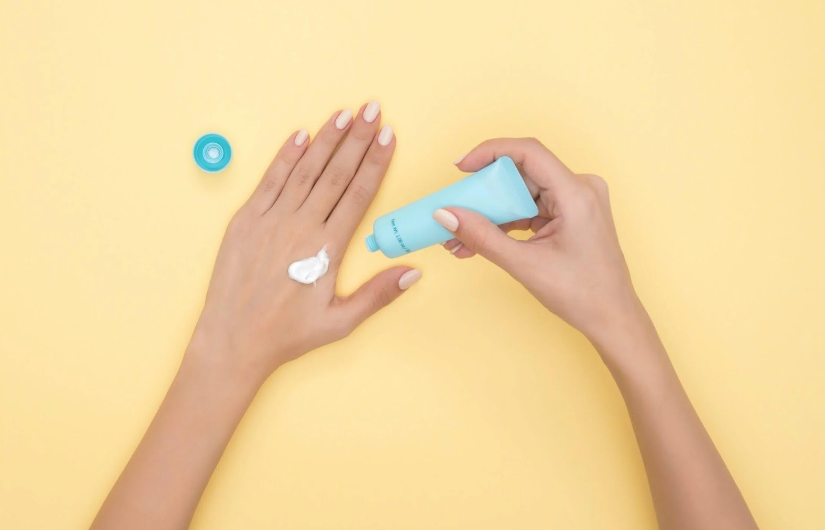
30 Jan, 2024
As winter blankets the world in a serene layer of snow and chilly temperatures, many of us tend to believe that the need for sunscreen diminishes along with the intensity of the sun's rays. The misconception that sunscreen isn’t essential during the winter can lead to unintended consequences for our skin.
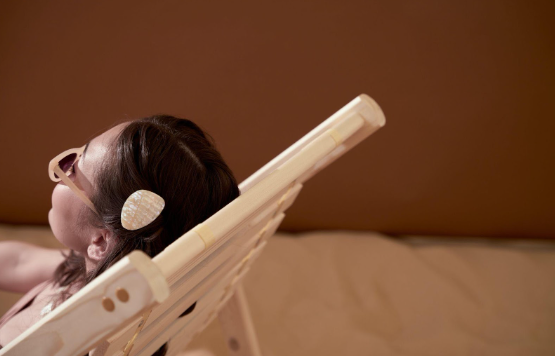
02 Jan, 2024
We all love that golden glow from a day spent basking in the sun, but what about those days when the sun decides to take a break? That's where indoor tanning comes into play, right? Well, hold on to your tanning goggles because there’s more to this seemingly harmless activity than meets the eye.
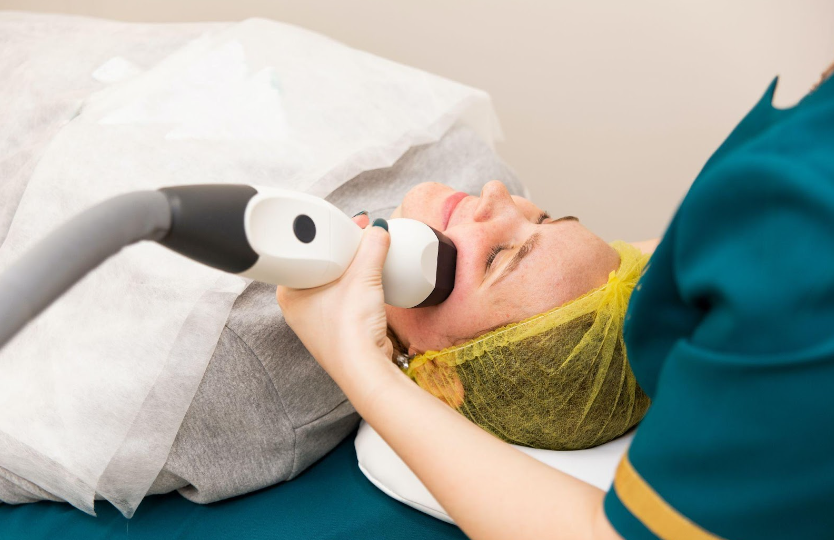
By PatientPoint Launch
•
04 Dec, 2023
Your skin is a window into the health and happiness of your whole body. As the body's largest organ, it plays a pivotal role in physical protection and shaping your identity and self-esteem. Seeking the guidance of a dermatologist is a wise decision when faced with skin issues, be it medical or cosmetic. However, the challenge lies in how to find the perfect dermatologist who can address your unique concerns and requirements.

07 Sep, 2023
In the world of skincare, there are many myths and misconceptions that can make it difficult to tell what is true and what is not. From extravagant claims about miracle ingredients to misguided beliefs about skincare practices, these myths can hinder our journey towards healthy, glowing skin.

02 Aug, 2023
The warm embrace of the sun holds a hidden danger called skin cancer. This pervasive disease affects millions in the United States, with over 5.4 million cases diagnosed annually. As the numbers continue to rise, it's crucial to shed light on this menacing threat. Fortunately, with early detection and the right treatment, you can safeguard the well-being of your or a loved one’s skin.
Phone:
Address:
Hours of Operation:
Mon-Fri: 8:00am to 4:30pm
Phone:
Address:
Hours of Operation:
Mon-Fri: 8:00am to 4:30pm

